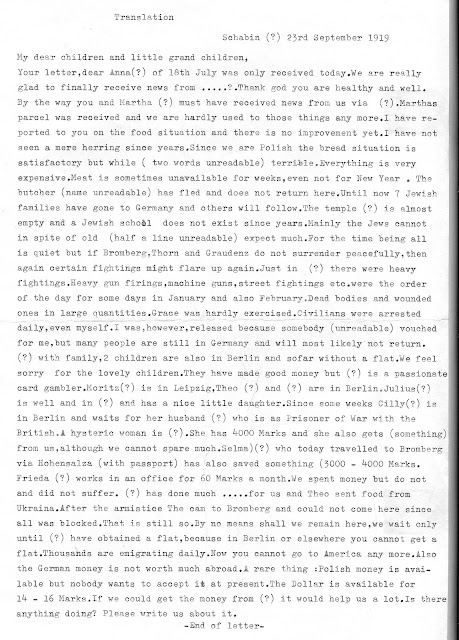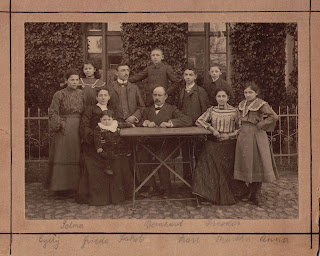Thi is the story of how Aunt Lottie was found and welcomed to the Marks family.
I had found Louis Marks early on, but knew nothing of his siblings, parents etc. As is often the case - Louis was the one who immigrated to America and so his parentage became significantly more difficult to discover. And also was identifying his brothers and sisters. Louis is my great great grandfather.
I began to get some hints and clues that he had a brother Emil. About 5 years ago I had found a newspaper clipping about an Emil Marks, who had been hit by a train and was killed in Oakland, California.

Now I had an inkling that Emil and Louis were brothers. From a naturalization log and their naturalization index cards from 1864, they were suspiciously next to each other in the log, had the same naturalization date and had the same witness at their naturalization "hearing."



And a couple of years later, I found this entry in the 1875 San Francisco City Directory, which discusses a company named "Louis Marks and Bro" and cites both Louis and Emil. Evidence, not proof, but certainly enough for me at that juncture to claim their brotherhood.

So NOW we have brothers Louis and Emil.
A few years later I received an email from Scott Harris, a descendant of Fanny Lust (love that name). He had found a newspaper article that stated that Fanny was suing the railroad company, as she was handling the estate of Emil Marks. Scott had surmised that maybe he and I were related and asked me if I thought that possibly Emil and Fanny were brother and sister. He had heretofore not known anything about Emil or Louis.

So through a bit more research, including California Death Index research, where that index states the name of the deceased's parents as well as the maiden name of the mother - it was discovered that Fanny's maiden name was indeed "Marks" and thus it was likely that Emil and Fanny were brother and sister. Now they could have been cousins as opposed to siblings. Fanny's Death Certificate was acquired by Scott and it showed that her maiden name WAS Marks and that her father's name was Isaac Marks.
We have a lot of clues and what some might call evidence, but nothing really that ties Emil, Louis and Fanny together a little more tightly. Until I found in the past week - an obituary in the newspaper and it was for Emil.
I had found Louis Marks early on, but knew nothing of his siblings, parents etc. As is often the case - Louis was the one who immigrated to America and so his parentage became significantly more difficult to discover. And also was identifying his brothers and sisters. Louis is my great great grandfather.
I began to get some hints and clues that he had a brother Emil. About 5 years ago I had found a newspaper clipping about an Emil Marks, who had been hit by a train and was killed in Oakland, California.

Now I had an inkling that Emil and Louis were brothers. From a naturalization log and their naturalization index cards from 1864, they were suspiciously next to each other in the log, had the same naturalization date and had the same witness at their naturalization "hearing."



And a couple of years later, I found this entry in the 1875 San Francisco City Directory, which discusses a company named "Louis Marks and Bro" and cites both Louis and Emil. Evidence, not proof, but certainly enough for me at that juncture to claim their brotherhood.

So NOW we have brothers Louis and Emil.
A few years later I received an email from Scott Harris, a descendant of Fanny Lust (love that name). He had found a newspaper article that stated that Fanny was suing the railroad company, as she was handling the estate of Emil Marks. Scott had surmised that maybe he and I were related and asked me if I thought that possibly Emil and Fanny were brother and sister. He had heretofore not known anything about Emil or Louis.

So through a bit more research, including California Death Index research, where that index states the name of the deceased's parents as well as the maiden name of the mother - it was discovered that Fanny's maiden name was indeed "Marks" and thus it was likely that Emil and Fanny were brother and sister. Now they could have been cousins as opposed to siblings. Fanny's Death Certificate was acquired by Scott and it showed that her maiden name WAS Marks and that her father's name was Isaac Marks.
We have a lot of clues and what some might call evidence, but nothing really that ties Emil, Louis and Fanny together a little more tightly. Until I found in the past week - an obituary in the newspaper and it was for Emil.

Now - this obituary confirms the brotherhood of Emil and Louis - but who are Mrs. S Lust and Mrs. I Schudmack, their sisters? Well we know from many types of records that have been accumulated - that Fanny was married to Simon Lust, who coincidentally was also killed by a train. And oh, by the way - Emil and Simon were business partners in the 1860s as we later discovered.
So now Scott Harris and I are definitely cousins! Yippee! But who is Mrs I Schudmack?
The last few days have been filled with research and discoveries about Mrs I Schudmack - is that Lottie Schudmack, who had 7 children, who was married to Isaac Schudmack - and whose children when they died and were cited in the California Death Index had their Mother's maiden name as "Marks"? Oh and the Hebrew inscription on her gravestone translates to her father being named as Isaac Marks?
Yes indeed!
Here is my great great great Aunt Lottie's gravestone, followed by the translation from Hebrew to English.
Here is interred
The woman Leah
the daughter of Reb Aizik
who passed away on the 25th of Adar 2
in the year 5651 from the creation of the world (that's 1891)
May her soul be bound up in the eternal bond of life.
The translation is as follows:
Here is interred
The woman Leah
the daughter of Reb Aizik
who passed away on the 25th of Adar 2
in the year 5651 from the creation of the world (that's 1891)
May her soul be bound up in the eternal bond of life.
Her Hebrew name was Leah, given name Lottie and father's name Isaac.
Welcome Aunt Lottie Marks Schudmack!
.jpg)











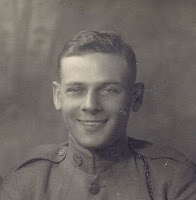
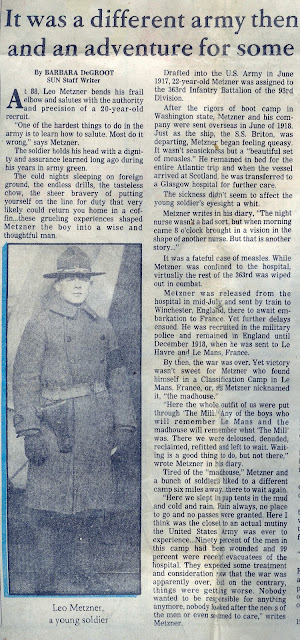
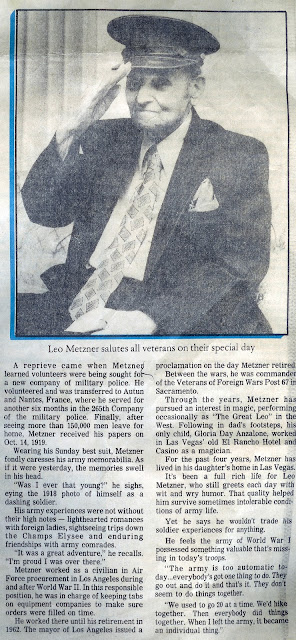
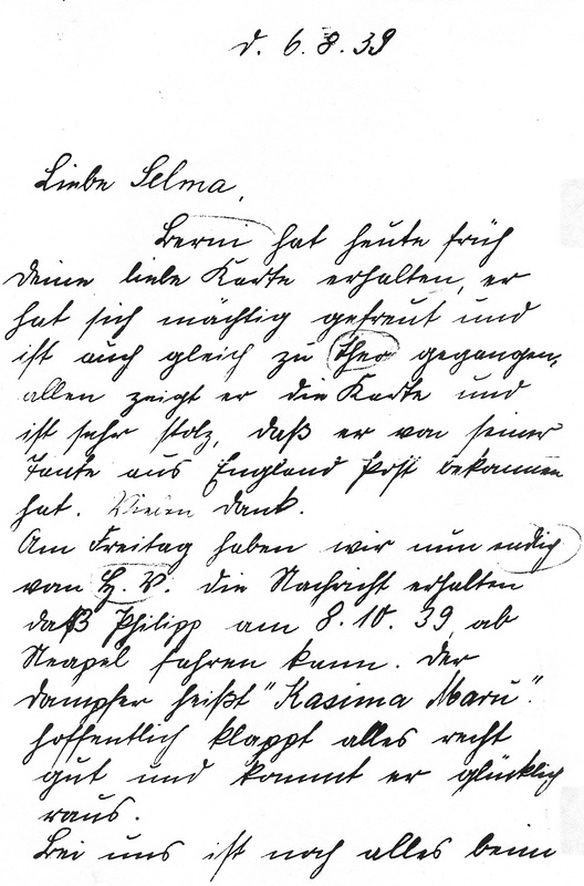
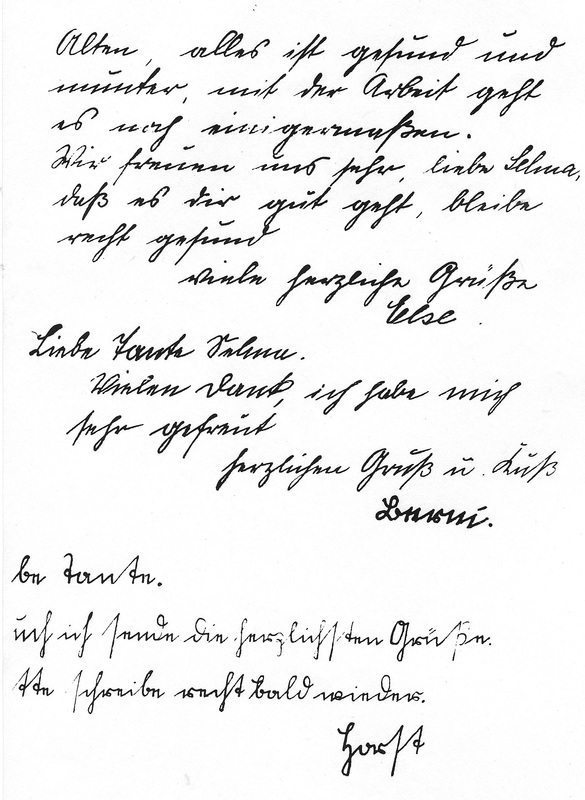
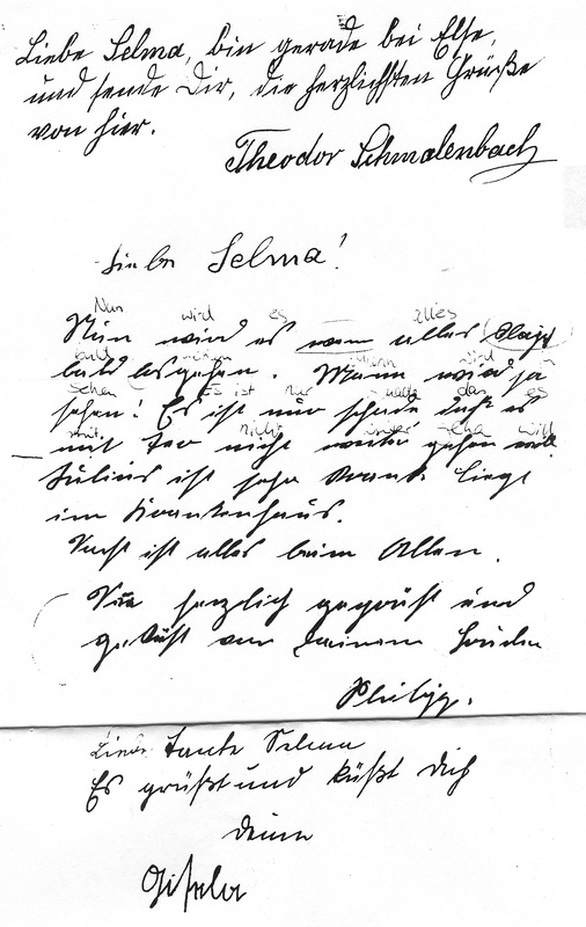
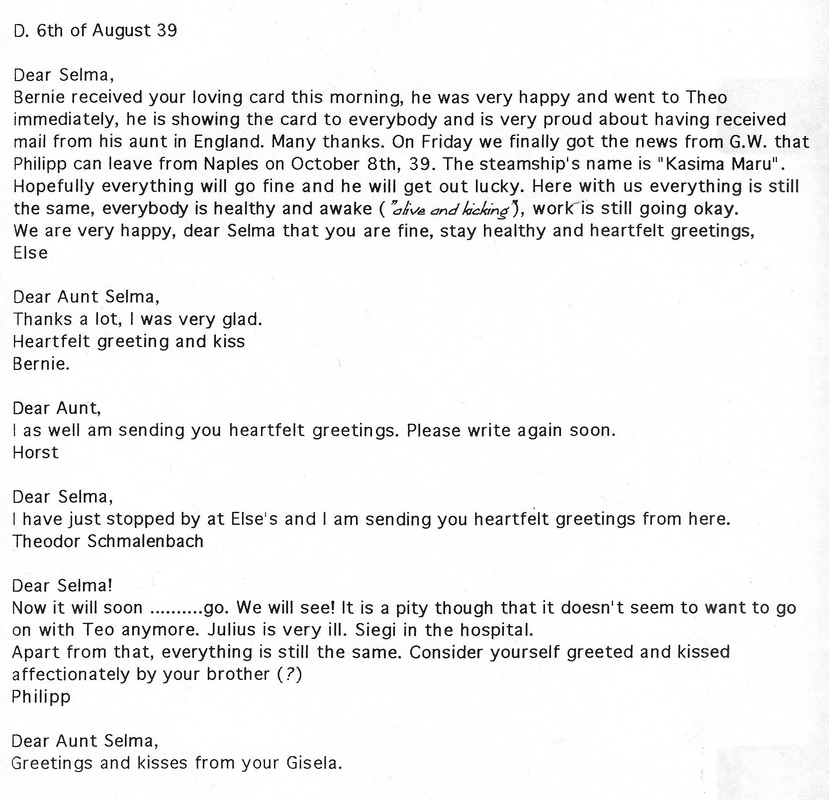





.jpg)






